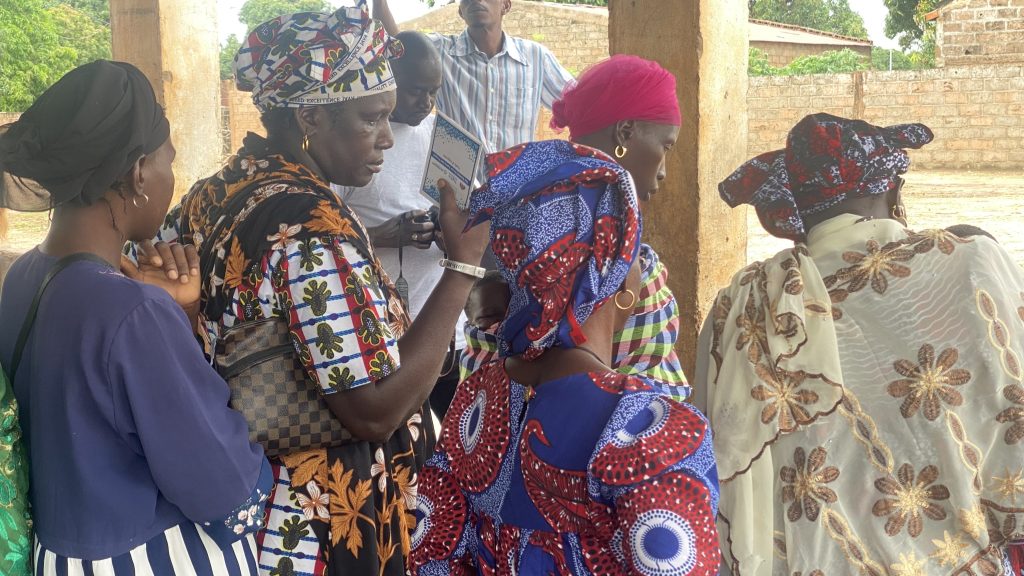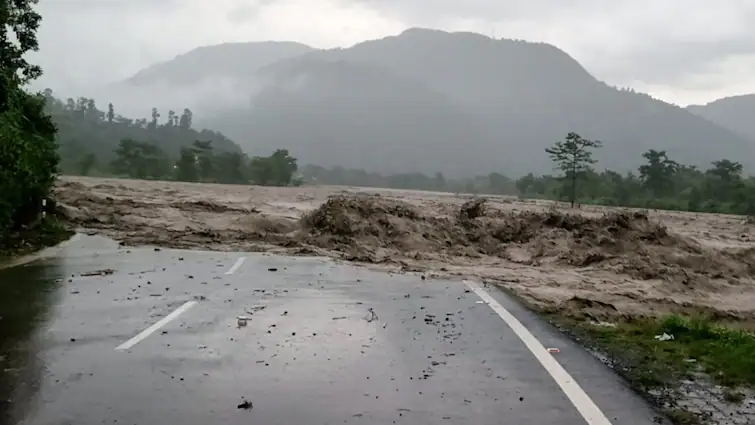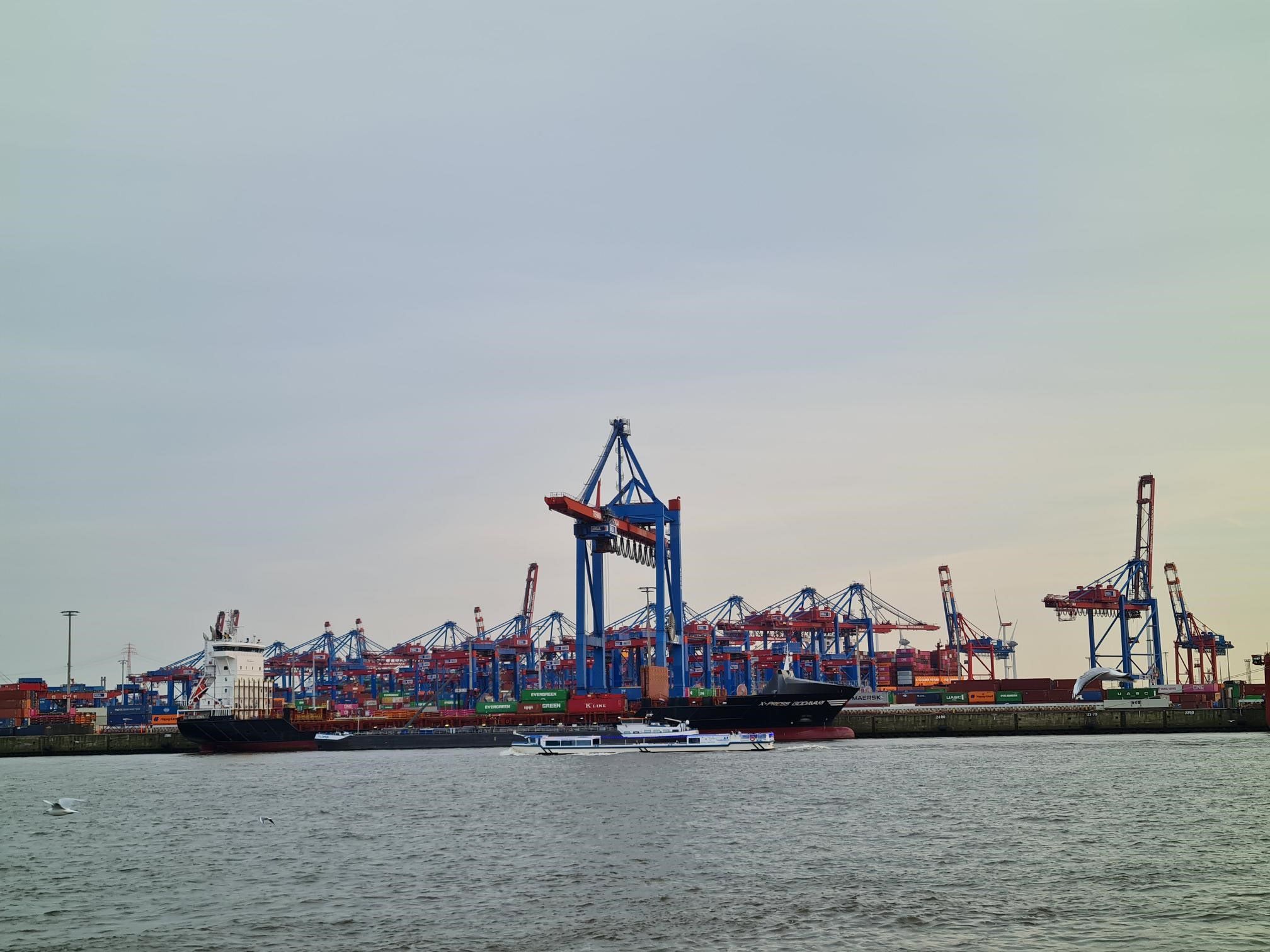By Ndey Sowe,Sulayman Bah
Copyright foroyaa

By Ndey Sowe
Rural households benefiting from the Nafa Cash Transfer say the initiative is transforming their lives by providing steady income, opportunities for small businesses, and support for their children’s education.
Adama Cessay from Sabach Njaine and Jabou Nget from Ngayen Sanjal in the North Bank Region expressed joy at receiving the latest payments, describing the project as “life-changing.”
“The cash transfer has assisted us to venture into animal husbandry by rearing small ruminants or into petty trading, which will continue to serve us even when the project is over,” they said, while thanking the World Bank and The Gambia Government for jointly funding the initiative.
The Nafa Cash Transfer, a core component of The Gambia’s $92.71 million Resilience, Inclusion, Skills, and Equality (RISE) Project, provides direct financial support to extremely poor households while promoting Social and Behavioral Change Communication (SBCC) sessions. The program is implemented by the National Nutrition Agency (NaNA), the Department of Community Development, and the Directorate of Social Welfare.
During the 16th payment cycle, which runs from September 15–19, 2025, beneficiaries across the West Coast, North Bank, Lower River, Central River, and Upper River Regions are receiving cash along with guidance on early childhood development, gender-based violence, and other life-improving topics.
Lamin Jaiteh, Regional Community Development Officer in the North Bank Region, noted the program’s visible impact.“Some of them now are able to raise their small ruminants and some even into poultry. And even when their kids are going to school, they have somewhere they will dip their hand to give school lunch and also their daily chores,” he said at Sabach Njaine.
Jaiteh added that only two payment cycles remain, and stressed the importance of community mobilization.“As community development, we play a big role because when it comes to mobilization, we are always in the forefront to see that beneficiaries are guided to the pay point, and during SBCC sessions, extension workers come together to deliver key messages,” he explained.
At Ngayen Sanjal, Alasana Sanneh, Regional Social Welfare Officer in the North Bank Region, praised the program’s consistency.“All beneficiaries are receiving their payment every two months alongside SBCC sessions. The Social Welfare has several components in the SBCC, that is gender-based violence and early childhood development. During the SBCC, the beneficiaries are informed about their role and responsibility regarding these two components,” he said.
Sanneh urged beneficiaries to apply the lessons from SBCC sessions in their households, especially on childcare and protection issues.
As the project nears completion, rural Gambians say the cash transfers are more than short-term relief, they are an investment in lasting livelihoods and a pathway out of poverty.



